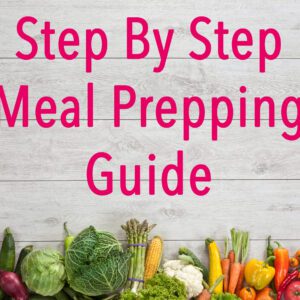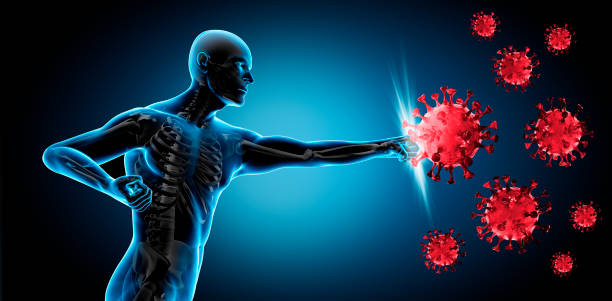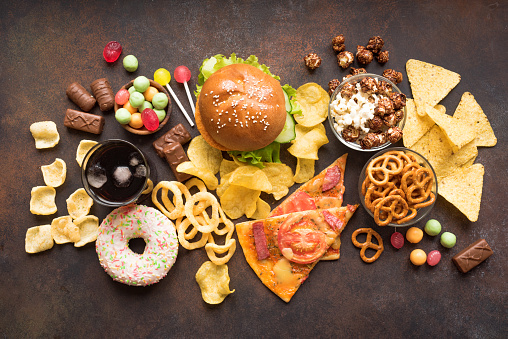Convenient and Healthy Protein Sources for Vegans
Convenient and Healthy Protein Sources for Vegans.The body needs very little protein, but many body functions would slow down without that little amount. The body needs protein for the growth and development of bones, muscles, and the immune system. However, these requirements vary depending on a person’s current health status, pregnancy stage, and activities that an individual engages in. Vegans find it hard to maintain protein levels, and some even end up suffering conditions related to lack of enough protein, such as Edema and Marasmus. To avoid this, a person should consume enough proteins to supplement what the body cannot produce on its own. A human being needs 20 amino acids but can comfortably produce 11. The rest must come from the diet. To ensure you never miss a chance to consume your proteins, below are meals you can consider incorporating into your diet.
Protein Supplements
Achieving a daily consistency of protein intake can be a hard nut to crack. Plant composition can vary due to age, maturity stage, and location planted. In proper environmental conditions, they attain the desired composition, but that differs when they grow in poor conditions. Additionally, the cooking process for those that ought to be cooked alters the composition. Overcooked proteins have insignificant benefits to the body rendering them useless. To ensure that your body gets enough proteins in equal measure, consider a vegan protein supplement. It is balanced, and all you have to do is incorporate it into your daily meals and routine. Following the instructions helps reduce over or under-dosage.
Seeds
Seeds such as chia seeds, flaxseeds, and hemp seeds are complete proteins. This means, that consuming them allows you to digest a significant amount of amino acids. You can add the seeds to just about anything but the most popular options are puddings, yogurts, smoothies, or even in water. The seeds offer between 5-10 gm per spoon serving and hence, it is advised that you only take the recommended amount.
Grains
Grains such as edamame seeds, lentils, chickpeas, and quinoa can be consumed as protein proteins. They can be consumed in stews, soups, curries, salads, pasta, or even as the main dish. Some can be roasted and even served with rice on Ezekiel’s bread with hummus, a protein option spread that can be a butter alternative. Additionally, beans can be consumed with rice to make a complete protein serving. To ensure that it does not taste horrible, cook it with your favourite spices.
Vegetables
Leafy veggies contain proteins but not enough for the body. Their composition ranges between 1 g and 5 g. Combining the vegetables with other plant-based proteins as snacks or side dishes offers the much-needed protein amounts per serving and per day. Proper preparation is key when it comes to these veggies as a slight mistake can lead to depletion of the sought-after protein, especially in the cooking process.
Nuts
Peanuts, walnuts and almonds are the most common protein-rich nuts known to most. For peanuts, you can consume them in whole or get peanut butter that can be spread on sandwiches. Additionally, you can roast them and spice them up for a better and unique taste. On the other hand, almonds can be consumed whole or processed into milk. Plant-based milk is both nutritious and easy on the stomach. It is also a great alternative for non-vegans who suffer from lactose intolerance or are allergic to animal milk. The milk can be used in the preparation of meals and as a replacement for animal milk in plant-based recipes. Nuts, peanut butter, and almond milk can be purchased from stores near you, making them a convenient option.
Algae and Fungi
Spirulina, a blue-green algae, is a rich source of protein, and most people consider it the snack protein. They add it to their snacks, drinks, and even water, and its composition does not change. Another option is the mycoprotein, which most people consider as a chicken and meat alternative. It can be used to make patties and cutlets. Tofu has also become its alternative as it serves the same purpose. In addition to this, tofu contains calcium and iron. However, be careful if you suffer from allergies. Mycoproteins contain egg whites, and always make it a habit to check the labels for ingredients that may affect you.
Seitan
Seitan is a wheat-based product that is also a rich source of protein. It uses wheat gluten, and other spices are added to make it flavourful. It is also cooked in soy sauce that contains lysine, making it a complete protein. However, people who suffer from gluten intolerance should avoid it at all costs.
Potatoes
Potatoes are rich in protein, potassium, and Vitamin C. Consuming one can take up your protein intake to 8 g. To ensure you take the baldness in potato taste, add hummus as it also increases the protein intake.






